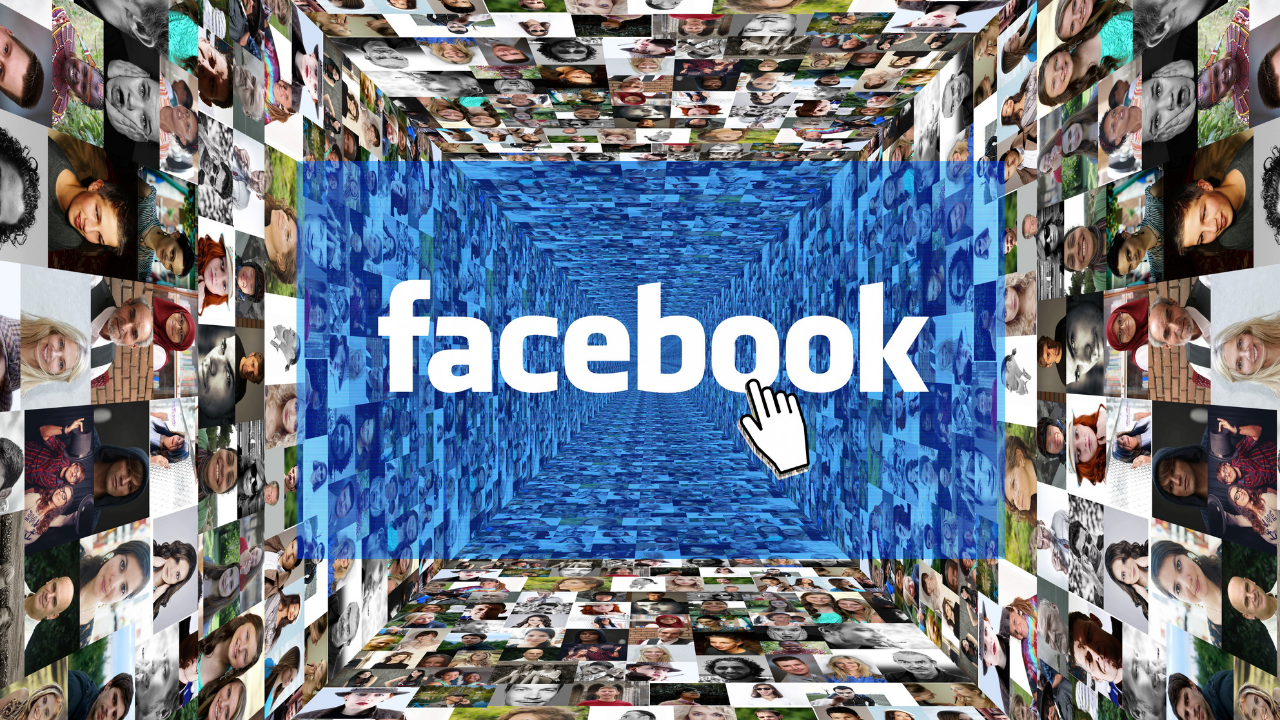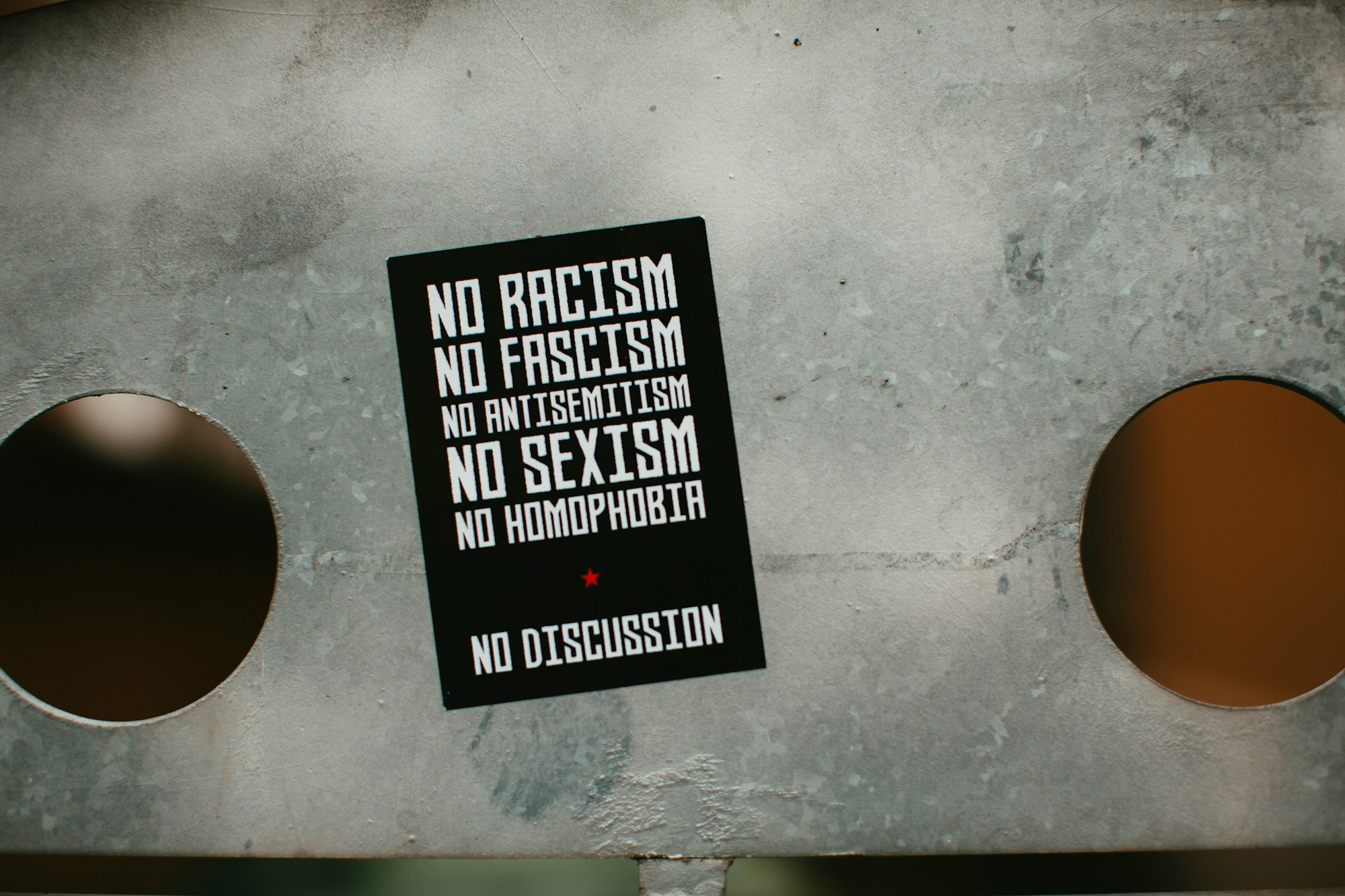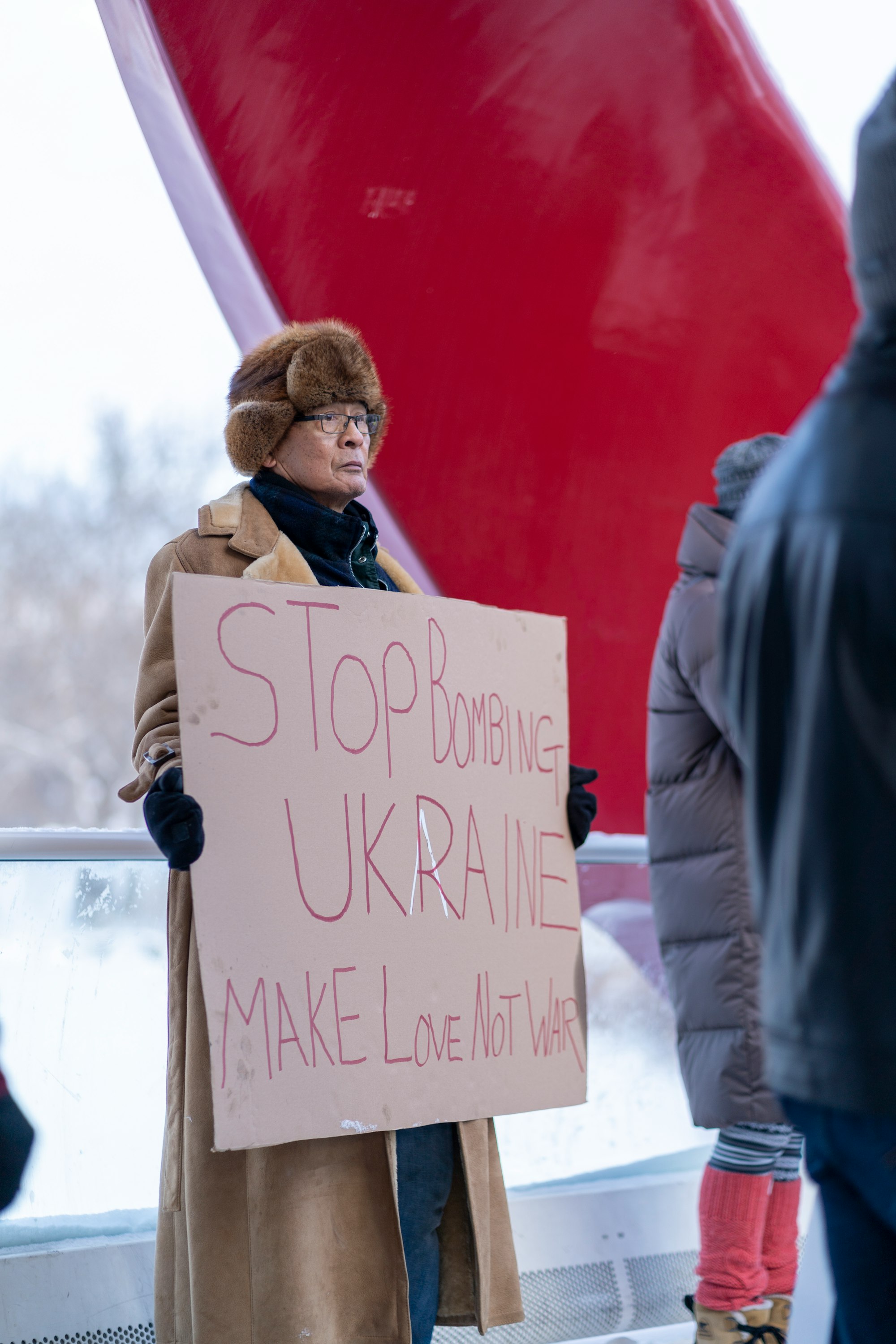What are the consequences of the Ukrainian crisis? This will become clearer over the next few weeks, but here is a Techopian's first take:
Clearly, the humanitarian crisis in Ukraine should be our number one focus at the moment, and we are all deeply worried about the prospects of the Ukrainian crisis escalating into a wider conflict. It is important in this time to try and gain an understanding of the underlying forces at play, economic implications (because economics can lead to conflict or create peace), and geopolitical tensions.
Russia's deep problems are an underlying cause
First, it is important to understand the motivation of Vladimir Putin. This article explains the problem superbly. No One Has Addressed WHY Russia Invaded Ukraine (So I'll Do It). But in summary, Russia has appalling demographics: one of the lowest birth rates in the world, an extremely high average age (40.3) and low immigration. As a result, Russia is expected to fall from being the 9th most populous country in the world to 17th by 2050.
Russia has other deep problems, including massive levels of AIDS/HIV — around one in ten adults, an ongoing tuberculosis crisis, and a massive alcohol problem, with 30 per cent of all deaths in Russia in 2012 attributed to alcohol.
Russia was a country in crisis; its economy was fragile; indeed, it could be argued Russia was becoming a failed state. Putin understood this and probably reasoned the country needed to expand or fall into deeper crisis.
The Ukrainian crisis is not, contrary to the views of many right-wing historians, the West's fault; it was down to Putin's logic which saw the need to try and restore the Soviet Union and, at the very minimum, create a much stronger presence around the Black Sea.

China response
Last year when rumours of an imminent Russian invasion of Ukraine began, right up to the first few days of the crisis, it was generally assumed that a Russian invasion of Ukraine would galvanise China into invading Taiwan. But the Western economic response, global condemnation of Russia and the strength of Ukraine's resistance has apparently led to a change in direction by China.
China's economic problems are nowhere near as bad as Russia's, but they do have deep problems. It sits on a massive debt and housing bubble. Recent falls in the Chinese and Hong Kong stock market illustrate how pessimistic the markets are about the Chinese economy. As this is being written, the Hang Seng (Hong Kong stock market) has just seen its biggest crash since 2008.
Russia's request to China for military aid partly underpins the falls in Chinese stocks. China has also seen a new Covid outbreak, leading to it announcing new lockdown measures.
China's economy is not as robust as is generally assumed and can not afford to be cut off from Western economy in the way Russia has.
Western labour shortages
The West is experiencing a major labour shortage. There is little popular support for applying immigration to ease the labour shortage. But there is popular support for helping Ukrainian refugees — as is illustrated by the UK government's complete volte-face over this issue.
Business has responded to the Ukrainian crisis. In the UK, a campaign led by entrepreneur Emma Sinclair, involving 45 large businesses, is working on a plan to ease the plight of Ukrainian refugees with job opportunities.
This is absolutely not planned (no conspiracy theories here), but the government is slowly understanding that the Ukrainian crisis is providing a means to ease the labour shortage crisis without creating a popular backlash.
Real wages
The West was also facing severe economic challenges even before Russia's invasion of Ukraine. In the UK, between November and January, real wages (wages minus inflation) fell by one per cent. This is both good and bad. It is bad for the obvious reason that, on average, people got poorer. It is good because sustained inflation occurs when wages rise in response to rising costs. It is an impossible dilemma, of course. If real wages fall, real hardship will result for some people, especially those at the poverty level.
Furthermore, the Ukrainian crisis will clearly lead to higher prices. But if wages rise in tandem with higher costs, we risk inflation becoming self-sustaining and central banks will have to react with higher interest rates. Given the level of global debts and asset prices, much higher interest rates may lead to deeper stock market falls leading to a crash and a probably quite severe economic recession.
Rising costs and impact of the crisis on the resolve of central banks
Rising costs are becoming a more severe challenge
The nickel price has soared, and now we are repeatedly told that Russia is the world's biggest exporter of wheat and Ukraine the fifth biggest.
As mentioned above, the inflation risks are obvious. Central banks may consider that given the geopolitical backdrop, it would be an error to increase rates by as much as was previously assumed, this may undermine the West's resolve regarding the Ukraine crisis
In this case, we may see a more serious stoking of inflation.
Food shortage problem may be exaggerated
But as this piece points out, the possible economic implications of the Ukrainian crisis on food prices may be exaggerated.
Between them, Russia and Ukraine account for 7.3 per cent of global wheat output and 2.6 per debt of global corn production. These percentages represent big numbers, but not excessively so. Rice and soybeans output in the two counties is tiny. As Aaron Smith says: "A reduction wheat exports from Russia and Ukraine may lead farmers in other countries to plant more wheat and less corn, and it may cause consumers to eat more rice and less wheat."
We may have to cut back on caviar, however.
The Trump effect
What you believe would have happened if Donald Trump was still President probably depends on your pre-existing views on Trump.
It is important to bear in mind that Trump's first impeachment was related to Trump withholding weapons from Ukraine and apparent pressure on Ukrainian President Volodymyr Zelenskyy regarding Joe Biden's son. Trump was also apparently anti-NATO.
The greater level of US isolationism under Trump probably helped embolden Putin.
The next US election is in two years. There is a reasonable chance Trump will win. The implications of such a victory are hard to quantify, and much will depend if the Ukrainian crisis is still with us (but it probably will be.)
If the views of Fox News's most famous presenter Tucker Carlson are in any way similar to the views of Trump, a re-elected President Trump might take a much softer stance in dealings with Russia.
Clearly, European countries understand a long-term question mark over US commitment to NATO. As a result, European countries will spend much more on defence, and NATO will expand.
Back to China
Trade is a powerful tool for bringing peace. When economies are reliant on each other, they are less likely to go to war.
President Trump frequently discussed a trade war with China (which he said would be easy to win) and imposed multiple trade barriers with China.
His insistence on calling Covid the China virus and encouraging the view that the virus was created in a Chinese lab was all part of this anti-China narrative.
But the reversal of globalisation and increased economic restrictions with China is the last thing the world needs right now. By supporting China's economy and ensuring it continues to rely on trade with the West, China's support of Russia is likely to remain limited. Furthermore, it is less likely to invade Taiwan.
New world order
The Ukrainian crisis creates significant changes to the global order, alliances, etcetera.
India's neutral stance over Russia's invasion is not helpful. Saudi's refusal to take a call from Joe Biden will not be well received by the Biden regime: Saudi had better relations with Trump where the former President is extremely popular.
Meanwhile, Iran's position appears to be changing. Western need for a new trade partner with oil has softened its stance in negotiations with Iran regarding its nuclear programme. Iran simultaneously sees an opportunity, especially with the oil price so high. As a result, we may see a thawing of relations between the West and Iran, as illustrated by the release of prisoners in Iran such as Nazanin Zaghari-Ratcliffe. Any such thawing might be reversed in the event of Trump being re-elected.
We also see moves to open trade with Venezuela.
In Japan and South Korea, governments have taken a strong anti-Russian stance, with Japan even welcoming Ukrainian refugees. (See point above about labour shortages.)
Meanwhile, the backlash against Russian oligarchs — and suddenly, we are hearing about corruption related to the oligarchs, who would have believed it — will impact London.
London has enjoyed something of a golden age, but how much of its wealth was created by money laundering? What role did the oligarchs play in London's success?
The fate of Chelsea football club could serve as a good analogy to the broader London economy.
Remote working was already putting London's real estate market under pressure.
But what will happen to the empty London property which Russian oligarchs own? Will it just sit empty at a time of massive homelessness and a housing shortage? Will the riot police continue to protect Oligarch owned property? Would this be sustainable?
Climate change, ESG and renewables
The Ukrainian crisis has been accompanied by a backlash against ESG, pressure to hold the fight against climate change and drop net-zero.
But the ESG backlash is not well informed, and the backlash against renewables is plain stupid.
Even Boris Johnson has launched a strong defence of renewables and net-zero. "If a quarter of our power wasn't already coming from renewables, your bills would be even higher today than they are already," he stated in the Daily Telegraph.
The economics and need for renewables — and absolutely not the fools' errand of nuclear, almost as economically illiterate calls for fracking in Europe and to find more oil — is overwhelming.
This crisis will accelerate net-zero; because net-zero is not just about climate change, it is about energy security and the cheapest possible energy.


End of dollar hegemony and Bitcoin
Another issue related to a possible end of dollar hegemony and the so-called petro-dollar, in which oil is traded in dollars.
There is talk that the Saudis are looking at accepting the Chinese yuan as payment for oil.
Maybe, we shall see. Dollar hegemony has underpinned much of US strength these last few decades — when the world trades in your currency and you control your currency, your influence is enormous.
Maybe, we will instead see a petrocrypto — oil traded in cryptocurrency
This is a significant trend and one to watch. At the moment, the Techopian is a little cynical about claims that the end of dollar hegemony is nigh.

Nassim Taleb and Antifragile
Before the 2008 crash, Taleb's book 'Black Swan' was massively popular. But post-crash, the book took on almost mystical status. To remind you, Taleb argued that we underestimate the likelihood of extreme events. Such events are dismissed as highly unlikely, just as once all swans were considered white. The discovery of black swans forced us to reconsider our definition of a swan. Likewise, the 2008 crash forced us to reconsider the odds of a banking crisis — a lesson that already seems largely forgotten.
Taleb's next book was called Antifragile. Here is a rather pertinent quote:
"Nature likes to over insure itself. Layers of redundancy are the central risk management property of natural systems. We humans have two kidneys (this may even include accountants), extra spare parts, and extra capacity in many, many things (say, lungs, neural system, arterial apparatus), while human design tends to be spare and inversely redundant, so to speak—we have a historical track record of engaging in debt, which is the opposite of redundancy (fifty thousand in extra cash in the bank or, better, under the mattress, is redundancy; owing to the bank an equivalent amount, that is, debt, is the opposite of redundancy). Redundancy is ambiguous because it seems like a waste if nothing unusual happens. Except that something unusual happens—usually."
On one occasion, he said that if nature applied banking philosophy to our bodies, instead of having two kidneys, we would have one kidney between a group of people, and we would share it around.
Supply chain vulnerabilities and reliance on limited sources of supply has created a fragile economic system. For example, reliance on Rare Earth minerals from China, or on Russian palladium or indeed Russian dominance of uranium enrichment and Kazakhstan's dominance in uranium production.
We are likely to see a move away from a fragile based system with a greater emphasis on 'antifragile' systems, which is to say less geographical specialisation and related to that a possible reversal of globalisation— which in turn may increase the chances of increased future conflict.






Related News
The tyranny of rightwing snowflakes and far-right wokism
Mar 14, 2023
Unconscious bias 1930s Germany and the BBC
Mar 14, 2023
Microsoft CEO says AI can reduce inequality
Jan 24, 2023